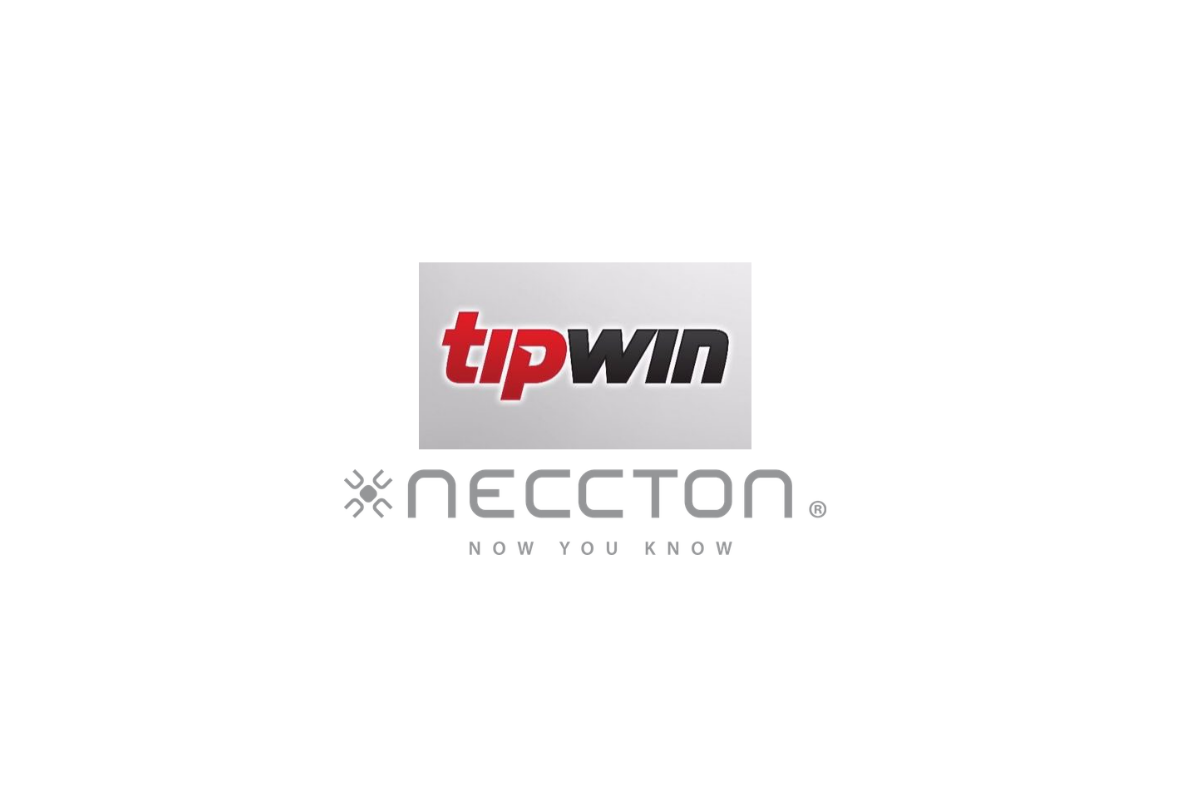Central Europe
Neccton’s mentor solution increases market leader position in Germany

Tipwin, a recently licensed German online slots operator, signs up for industry-leading responsible gambling solution
Tipwin, one of the emerging players in Germany’s rapidly-growing regulated iGaming scene, has adopted Neccton’s mentor software to fulfil both its Responsible Gambling, and Anti-Money Laundering requirements.
The online brand Tipwin.de is one of nine companies currently listed on Germany’s national regulator’s White List.
Germany only recently allowed online gambling for its citizens, with the law changing in summer 2021, and regulations remain stringent for operators – but that has not stopped Tipwin’s success story. And now the company has teamed up with Neccton, their players can be assured of the ultimate protection while they enjoy their slot and casino play.
German online gambling operators must employ a maximum monthly deposit limit, and also use an academic algorithm to identify problem gambling – which made Neccton’s mentor the obvious choice.
mentor tracks possible problematic gambling behaviour using real-time data analysis and works to help both players and operators to identify potential issues early. The tool recognises triggers such as a significant increase in deposit frequency, and alerts the operator and directly contacts the player, helping the end user make better-informed decisions.
mentor also includes modules for Fraud and aCRM so Neccton’s customers can solve many issues with a single supplier.
“Our system is based on 15 years of experience in responsible gaming and over 40 academic publications,” said Neccton director and head of development Dr Michael Auer. He added: “We are active in more than 20 markets including New Zealand, Canada and the US and have grown from a responsible gaming provider to a full-service compliance solution.”
Dr Michael Auer further added: “The numbers speak for themselves. An amazing 90% of Germany’s licensed online slots operators are using mentor.”
As part of the monitoring and reporting functions, Tipwin has expanded its own software to include the mentor program from Neccton. “With this component we round off our software in order to meet the regulatory as well as in-house requirements and obligations towards the authorities and customers,” explains Dr. Damir Böhm, head of the legal and communications department at Tipwin. Ivica Batinic, CEO of Tipwin, is certain that a long-term partnership could be established here: “We are convinced of the product and want to intensify the technical exchange with Michael Auer and the company Neccton in our mutual interest.”
-

 Africa4 days ago
Africa4 days agoNew Governing Board of the Gaming Commission of Ghana Sworn in
-

 Africa6 days ago
Africa6 days agopawaTech strengthens its integrity commitment with membership of the International Betting Integrity Association
-

 Asia7 days ago
Asia7 days agoFIFA, NBA, UFC and More Sports Events Go Live – Crypto Sportsbook BETY Offers Global Sports Betting Coverage 2025
-

 Baltics7 days ago
Baltics7 days agoEstonian start-up vows to revolutionise iGaming customer support with AI
-

 Gambling in the USA6 days ago
Gambling in the USA6 days agoGaming Americas Weekly Roundup – June 16-22
-

 Africa6 days ago
Africa6 days agoSA Rugby Renews its Partnership with Betway
-

 Asia6 days ago
Asia6 days agoPolemos Announces Partnership with Guinevere Capital
-

 Compliance Updates7 days ago
Compliance Updates7 days agoANNOUNCEMENT RE: EXTENSION OF PROVISIONAL LICENSES ISSUED ON 24TH DECEMBER 2024


































